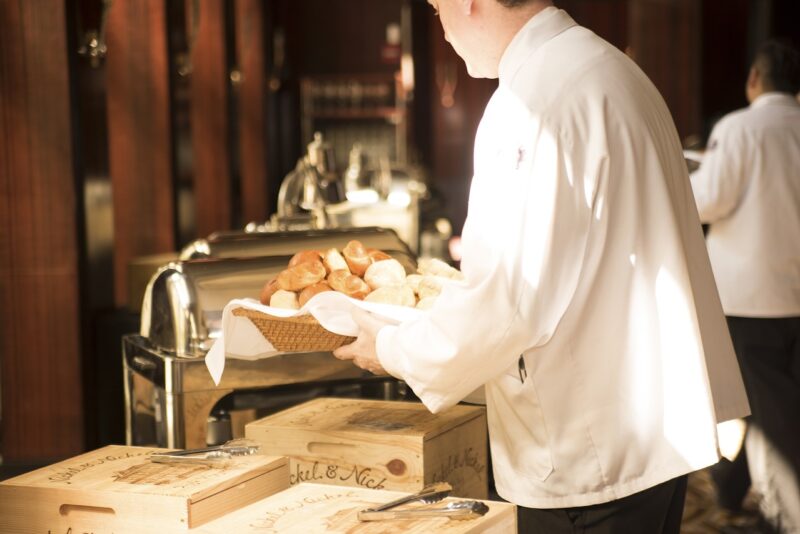In the competitive landscape of the hospitality industry, providing exceptional service is no longer enough to satisfy the discerning tastes of today’s travelers. Instead, guests crave personalized experiences that cater to their individual preferences and desires. From customized amenities to tailored recommendations, the art of personalization has become a cornerstone of modern hospitality. Let’s delve into how hotels are leveraging personalized experiences to create unforgettable stays for their guests.
At the heart of personalized experiences in hospitality lies the ability to anticipate and fulfill the unique needs of each guest. This begins long before the guest arrives, with hotels collecting and analyzing data to gain insights into guest preferences, behavior, and past interactions. From preferred room types and amenities to dietary restrictions and leisure activities, this data enables hotels to tailor every aspect of the guest experience to align with individual preferences.
One of the most tangible manifestations of personalized experiences is the customization of room amenities and services. Whether it’s a favorite pillow type, specific toiletry brands, or dietary preferences for in-room dining, hotels are going above and beyond to cater to the unique preferences of their guests. By offering a personalized selection of amenities, hotels not only enhance guest comfort but also demonstrate a commitment to exceeding expectations.
Moreover, technology plays a pivotal role in facilitating personalized experiences in hospitality. From integrated guest management systems to AI-driven recommendation engines, hotels leverage technology to deliver seamless and intuitive experiences tailored to each guest’s preferences. For example, hotels can use guest profiles and booking history to curate personalized recommendations for dining, entertainment, and activities both on-site and in the surrounding area.
Beyond the physical amenities and services, personalized experiences extend to every touchpoint of the guest journey, including communication and interaction with staff. From the moment a guest makes a reservation to their post-stay feedback, hotels have opportunities to personalize communications and engage guests on a more personal level. Whether it’s a handwritten welcome note upon arrival or a follow-up email with tailored recommendations for future visits, these personalized gestures leave a lasting impression on guests.
Furthermore, personalized experiences are not limited to individual guests but can also extend to group and event bookings. Hotels can work closely with event organizers to understand the unique requirements and preferences of attendees, offering customized meeting spaces, catering options, and leisure activities tailored to the group’s interests. By providing personalized solutions for group bookings, hotels can differentiate themselves and enhance the overall event experience.
Ultimately, the value of personalized experiences in hospitality lies in the emotional connection they create with guests. By demonstrating a genuine understanding of their preferences and going the extra mile to cater to their needs, hotels can forge stronger relationships with guests and foster loyalty and advocacy. In an increasingly competitive market, the ability to deliver personalized experiences sets hotels apart and positions them as preferred destinations for travelers seeking unforgettable stays.
In conclusion, personalized experiences have emerged as a driving force in shaping the future of hospitality. By leveraging data insights, technology, and a commitment to exceeding guest expectations, hotels can create memorable stays that resonate with guests long after they depart. As travelers continue to seek personalized and meaningful experiences, the importance of personalization in hospitality will only continue to grow, defining the standard for exceptional service in the industry.










